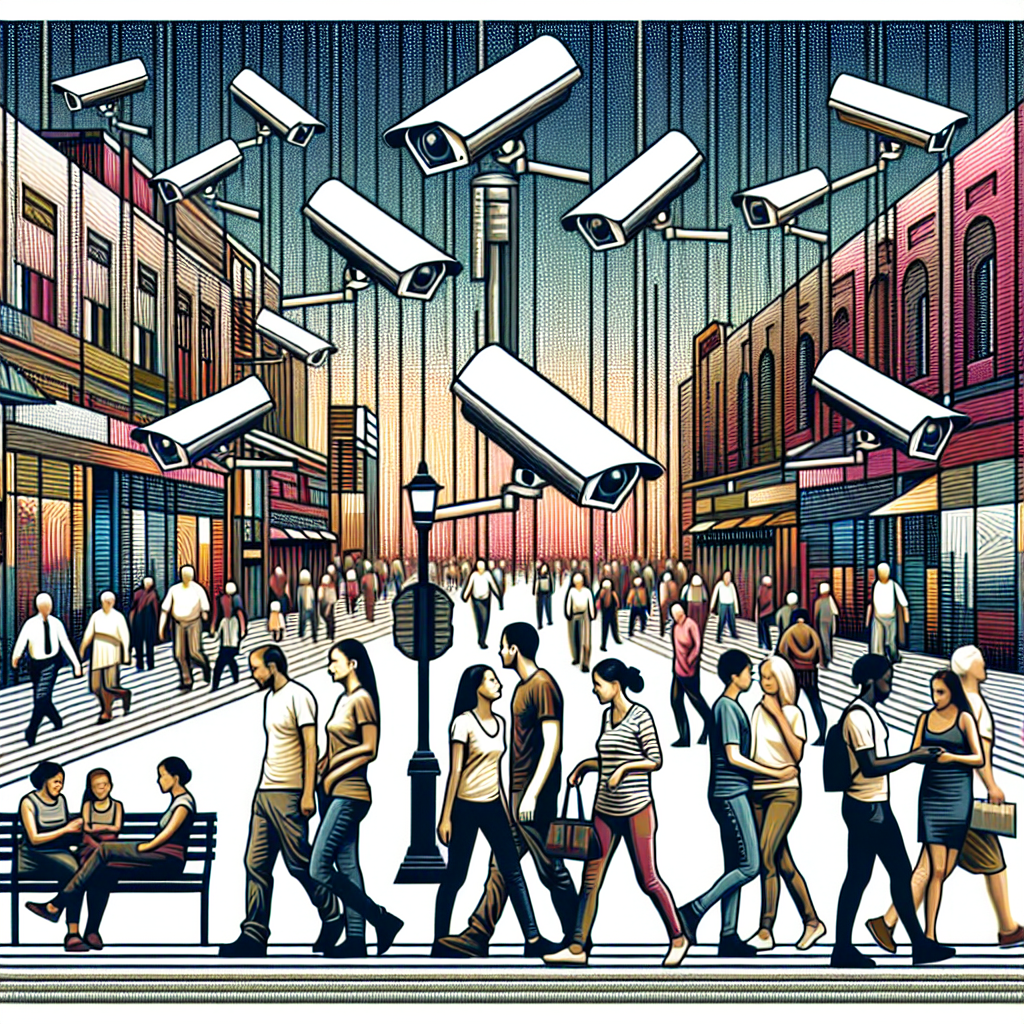Understanding Historical Revisionism
Historical revisionism refers to the re-evaluation and reinterpretation of historical events. It plays a crucial role in the evolving nature of how we perceive history. This concept can be both positive and negative, depending on the motivations behind the revision. The debate over historical revisionism often raises the question: is history being manipulated? To answer this, one must consider different factors that influence historical narratives, such as politics, ideology, cultural perspective, and the availability of new evidence.
The Nature of Historical Revisionism
Historical revisionism occurs when historians, scholars, or any group attempts to reassess the conventional understanding of events. Often, these reinterpretations emerge as new evidence becomes available or as societal values shift. The term carries a negative connotation when used to describe attempts to distort or deny historical facts.
The Positive Aspects of Revisionism
Positive historical revisionism emerges when new findings or perspectives provide a more nuanced understanding of past events. For example, feminist historians have shed light on the roles and contributions of women throughout history, which were often overlooked or omitted from traditional narratives. Likewise, revisionist approaches have brought attention to the experiences of marginalized communities, such as Indigenous peoples or racial minorities, revealing a fuller picture of history.
Political Motivations
Political entities often manipulate history for propaganda purposes. Governments may revise historical narratives to foster nationalism, justify current policies, or demonize adversaries. For example, history taught in schools can sometimes prioritize national achievements while glossing over contentious periods, such as colonization, war crimes, or social injustices. This selective storytelling can lead to a misinformed citizenry, affecting how future generations view their national identity and values.
Ideological Influences
Ideology heavily influences historical interpretation. Schools of thought, whether Marxist, feminist, or liberal, can color how specific events are understood. A Marxist interpretation of history, for instance, might focus on class struggles and economic systems, while a liberal viewpoint might highlight individual rights and democratic progress. Each ideological lens can lead to distinct narratives being constructed, often leading to debates regarding which interpretation holds the most weight.
The Role of Technology and the Internet
The digital age has transformed the way we access and interpret history. Online platforms allow for wider dissemination of information, enabling alternative viewpoints to flourish. However, this democratization of knowledge comes with caveats, such as the spread of misinformation and the rise of “fake news.” Social media can amplify revisionist narratives, often driven by emotional appeals rather than academic rigor. This phenomenon makes discerning credible historical interpretations increasingly challenging for the public.
Case Studies of Historical Revisionism
The Holocaust Denial
One of the most egregious examples of historical manipulation is Holocaust denial. This movement seeks to downplay or outright negate the systematic extermination of Jews during World War II. Holocaust deniers often cherry-pick data or invoke conspiracy theories, claiming that the evidence is fabricated. This manipulation not only distorts historical fact but also serves to perpetuate anti-Semitism and violence against Jewish communities.
The American Civil War
In American history, the Civil War has been subject to numerous revisions. Some narratives emphasize states’ rights, downplaying the role of slavery as a central issue. This “Lost Cause” perspective romanticizes the Confederacy and stigmatizes historical truths surrounding racism and inequality in the United States. The ongoing debate about how this history is taught in schools reflects the power of historical narratives in shaping national identity and policy.
The Impact of Education
Education systems play a pivotal role in either perpetuating or combating historical manipulation. Curricula that present an accurate, comprehensive view of history are essential in equipping students to engage with the past critically. Variability in textbook content across states demonstrates how local politics influence historical narratives—a phenomenon especially evident in the U.S., where topics like evolution and slavery can become contentious issues.
Challenging Historical Narratives
With the resurgence of populism and nationalism in various regions worldwide, it becomes crucial to challenge revisionist narratives that are based on ideology rather than fact. Public discourse surrounding topics like climate change, social justice, and history itself must be backed by credible research and evidence to prevent the proliferation of manipulated historical accounts.
The Importance of Archival Research
The preservation and accessibility of historical documents are vital for maintaining accurate narratives. Digital archiving initiatives help democratize access to primary sources, allowing researchers and the general public to engage with history directly. By encouraging thorough archival research, historians can counteract revisionist claims by demonstrating a well-rounded understanding of events, bolstering the importance of evidence-based narratives.
The Ethics of Historical Interpretation
The ethical responsibilities of historians demand vigilance against manipulation. Ethical historians strive for objectivity and must acknowledge their biases while presenting evidence. Rigorous peer review, academic discourse, and interdisciplinary approaches are essential in ensuring that historical narratives remain grounded in fact, rather than being swayed by political or ideological pressures.
The Future of Historical Analysis
As global events unfold and new technologies emerge, the field of historical analysis must adapt. Future historians will need to navigate the complexities of information dissemination in a digital age, offering balanced perspectives that invite constructive debate. Continually reassessing not only the events but also the narratives surrounding them will be key to ensuring a nuanced understanding of history.
Conclusion on Historical Revisionism
Examining historical revisionism reveals a tapestry of motivations, influences, and implications that affect our understanding of the past. While it can positively contribute to our comprehension of history, it can also serve as a vehicle for manipulation and misrepresentation. The onus is on scholars, educators, and the public to engage with history critically and responsibly, safeguarding the integrity of our shared narrative and ensuring that the lessons of the past inform a better future.













Leave a Reply